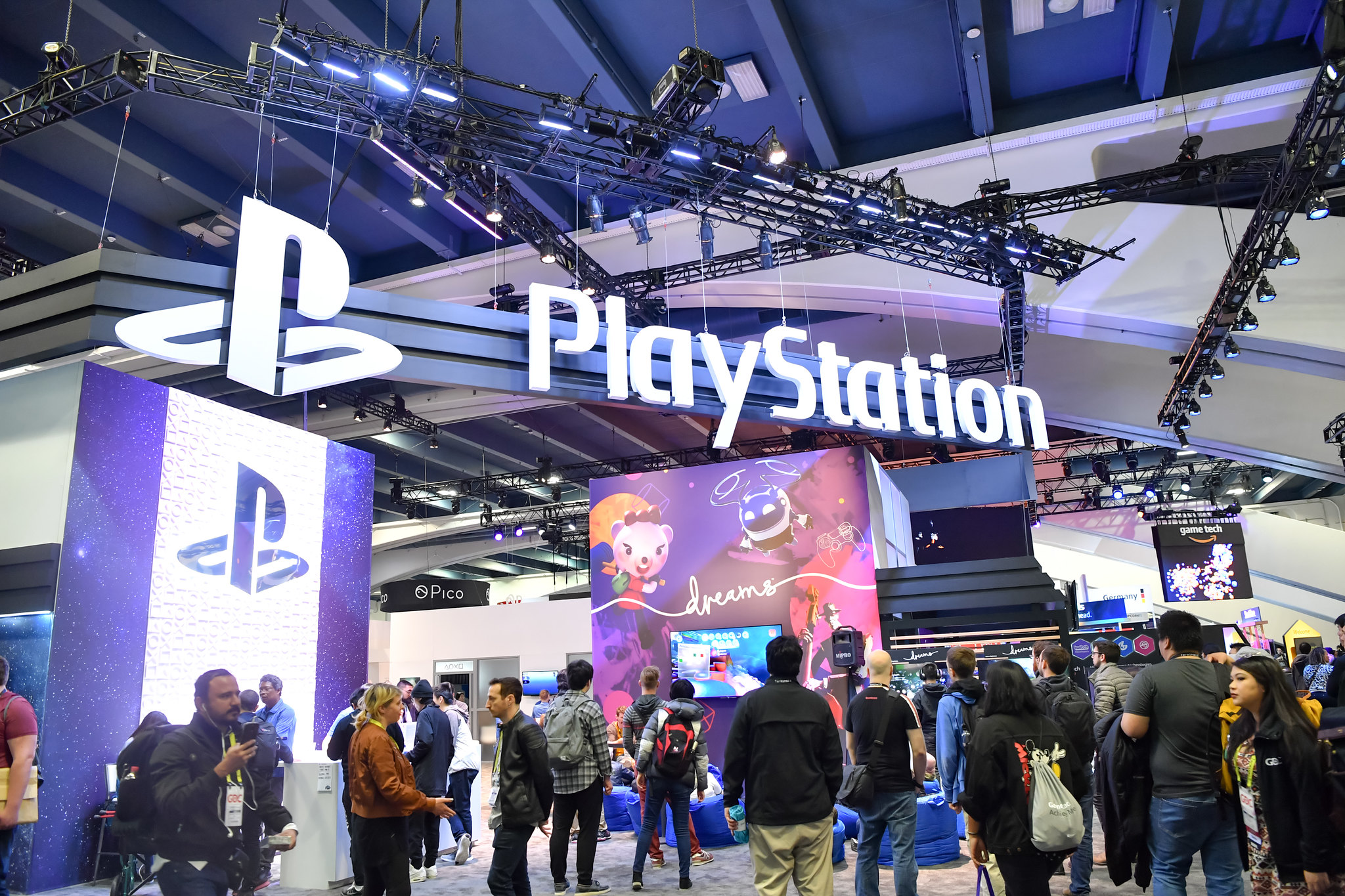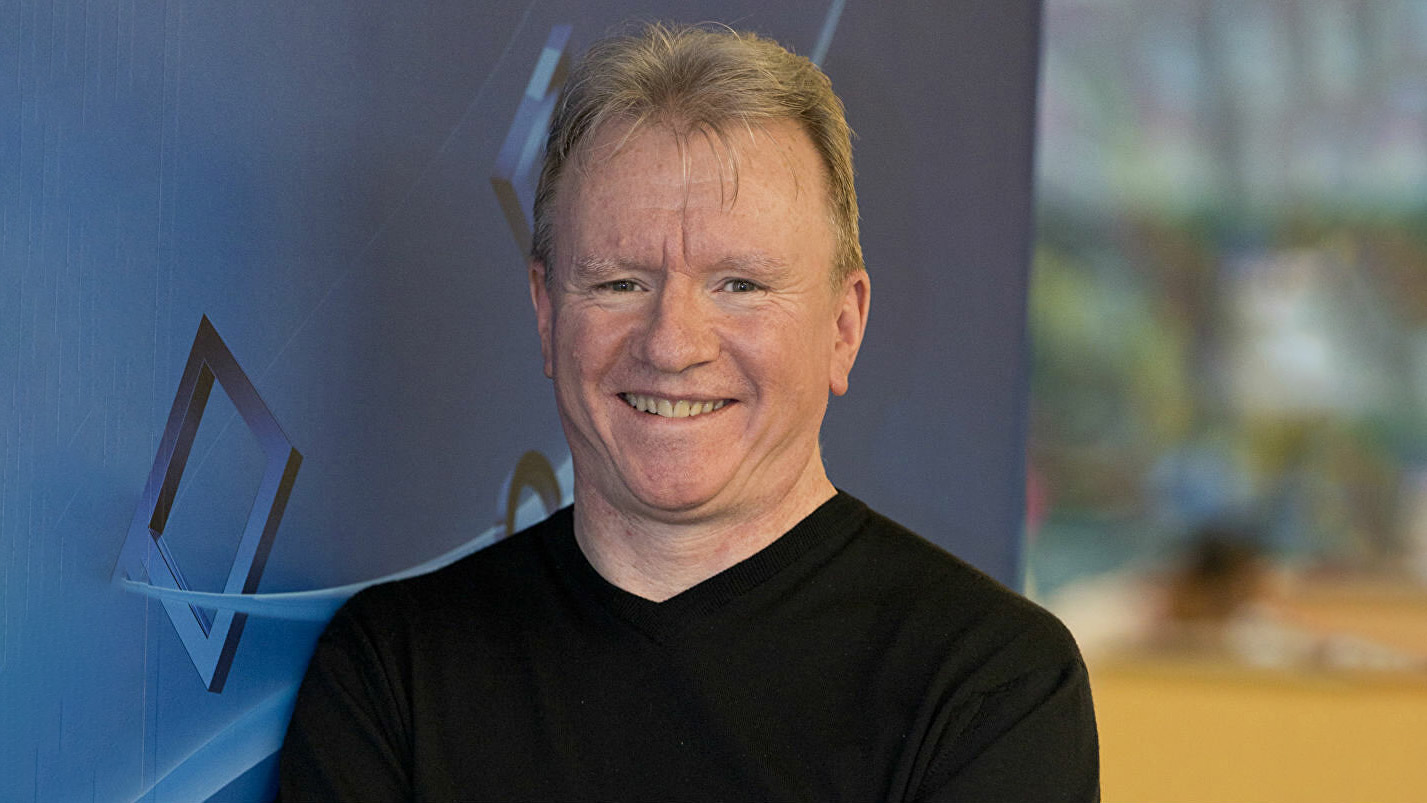
What you need to know
- Microsoft is trying to buy Activision-Blizzard for $69 billion dollars, with regulators across the world investigating how it may impact competition.
- Sony PlayStation has been a vocal opponent of the deal, and has sought to frustrate or block the merger.
- However, U.S. congress members are now asking why Sony, a Japanese multinational, enjoys such a large market share in its domestic market, armed with claims that the firm has actively paid to block Xbox versions of games in the region.
And now the government is getting involved.
Following this week's news that U.S. senator for Washington State Maria Cantwell called out Sony's business practices in the so-called "high-end" console market, a further formal notice of protest has been convened by various U.S. congress members.
The United States is engaging Japan in a wide-ranging trade deal, as part of an effort to improve cooperation between the two nations. With the geopolitical landscape evolving, advanced democracies are reaffirming ties, faced with increasingly stiff competition from autocracies like China and Russia. Part of that effort is described as the Indo-Pacific Economic Framework, of which Japan is a prominent component. The idea is to create a level playing field for tech cooperation and trade, but Microsoft's big Activision-Blizzard merger has unexpectedly thrown a wrench in the works.
Sony has become the merger's biggest detractor, pleading with regulators to block the deal with fears revolving primarily around Call of Duty. The popular shooter franchise and its sales, microtransactions, and ongoing engagement is a huge source of revenue for all platform holders — save for Nintendo, who doesn't yet have access. Sony has argued that the deal could create a situation where Microsoft will be able to block access to Activision games, something which Microsoft has countered by offering legally-binding contracts to the contrary.
Given Sony's accusations of potentially blocking games, it's then perhaps ironic that U.S. senators and congressmen, and women are now accusing Sony of doing the same thing.
In letters shared by Axios, it seems that a group of U.S. congress members is pressing U.S. trade representatives to investigate Japan's attitude towards Sony, accusing it of violating Japanese antitrust law by signing agreements that specifically preclude Xbox versions of games.
"Japan allows foreign game companies to sell to its market, but U.S. companies have never gained a foothold. Microsoft debuted its Xbox in Japan in 2002, and despite 20 years of investment, still has a negligible two percent market share of the high-end console market," the letter reads, signed by 11 members of congress.
"Our understanding is that the Japanese government tolerates a range of exclusionary conduct by their domestic companies that may violate Japan's antitrust laws."
The letter then claims that Sony has made specific contracts targeting Xbox in the country, which could explain why we often see games arbitrarily skip Xbox, despite hitting all other platforms. "We understand that Sony, which holds 98 percent of the market, pays third-party game publishers not to make their content available on Xbox, and negotiates exclusivity arrangements that keep the most popular games in Japan off Xbox."
The letter calls on Japan's regulatory commissions to explore ways to level the playing field, given that the trade framework agreements between the nations specifically address digital trade.
Windows Central's Take

I wrote a few weeks ago that Sony may end up regretting getting so deeply involved in the Xbox-Activision merger, but for entirely different reasons. Trade negotiations and creating a level digital playing field in Japan was a completely unexpected turn of events, at least for me, and some of it is Sony's own doing. By creating a "high-end" console market designation with the FTC to preclude the Call of Duty-less Nintendo from arguments about the franchise's importance, Sony has unwittingly opened itself up to antitrust arguments in the EU and in Japan, where it has an utterly dominant market position.
Xbox fans are no doubt familiar with the idea of games that launch on PC, PlayStation, and Nintendo Switch, but mysteriously omit Xbox from the picture. The secrecy typical of video game licensing agreements has always left us wondering why, but typically, fans and commentators place blame on Xbox for its small market share in Japan, having failed to invest in the region and make the correct deals. With Sony's entrenched market share, however, they enjoy a far stronger position to make deals that could exclude Xbox specifically. Xbox would have to pay up far more than Sony potentially to offset losses incurred from being on a smaller platform, putting them in a potentially lose-lose position. Xbox Game Pass has upended the way some of these deals can be made, however, since it offers developers an instant audience and the word-of-mouth virality that potentially goes with it.
In any case, I didn't have nation-state trade negotiations on my bingo card of ways the big Activision-Blizzard merger could end up complicating matters. It's not a stretch to expect things to get messy if Microsoft and Sony can't resolve their impasse, now that government officials are getting increasingly involved.







